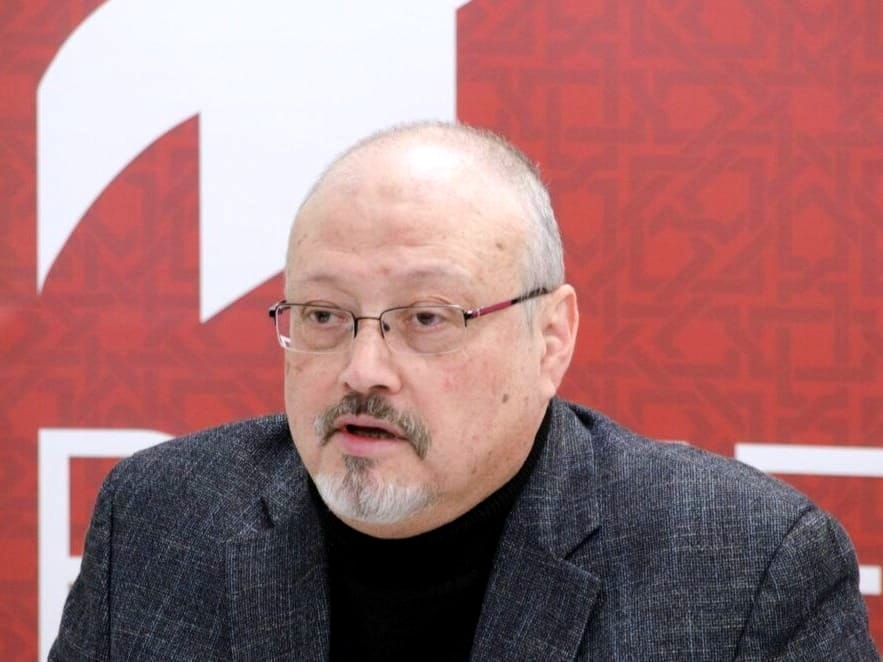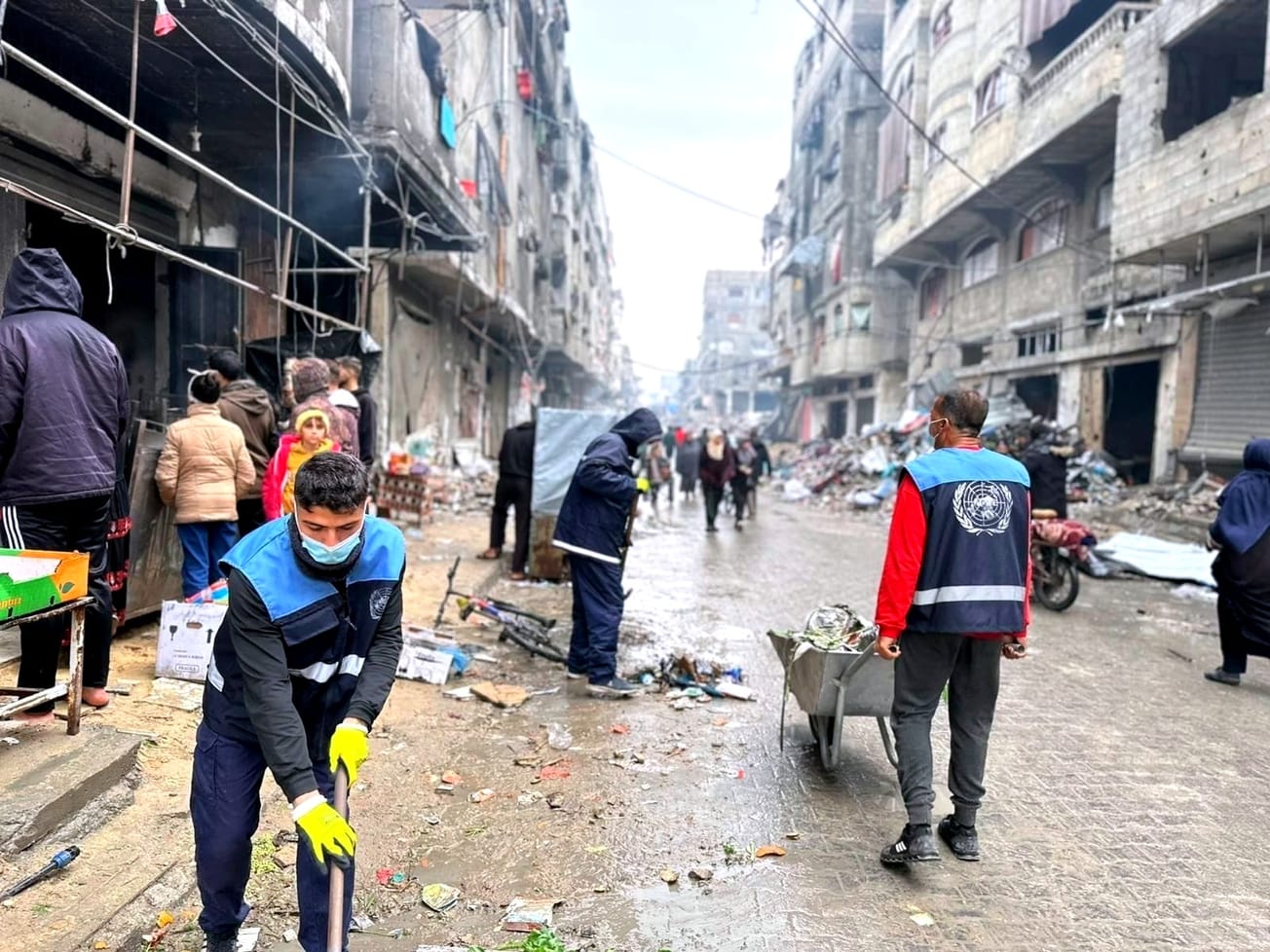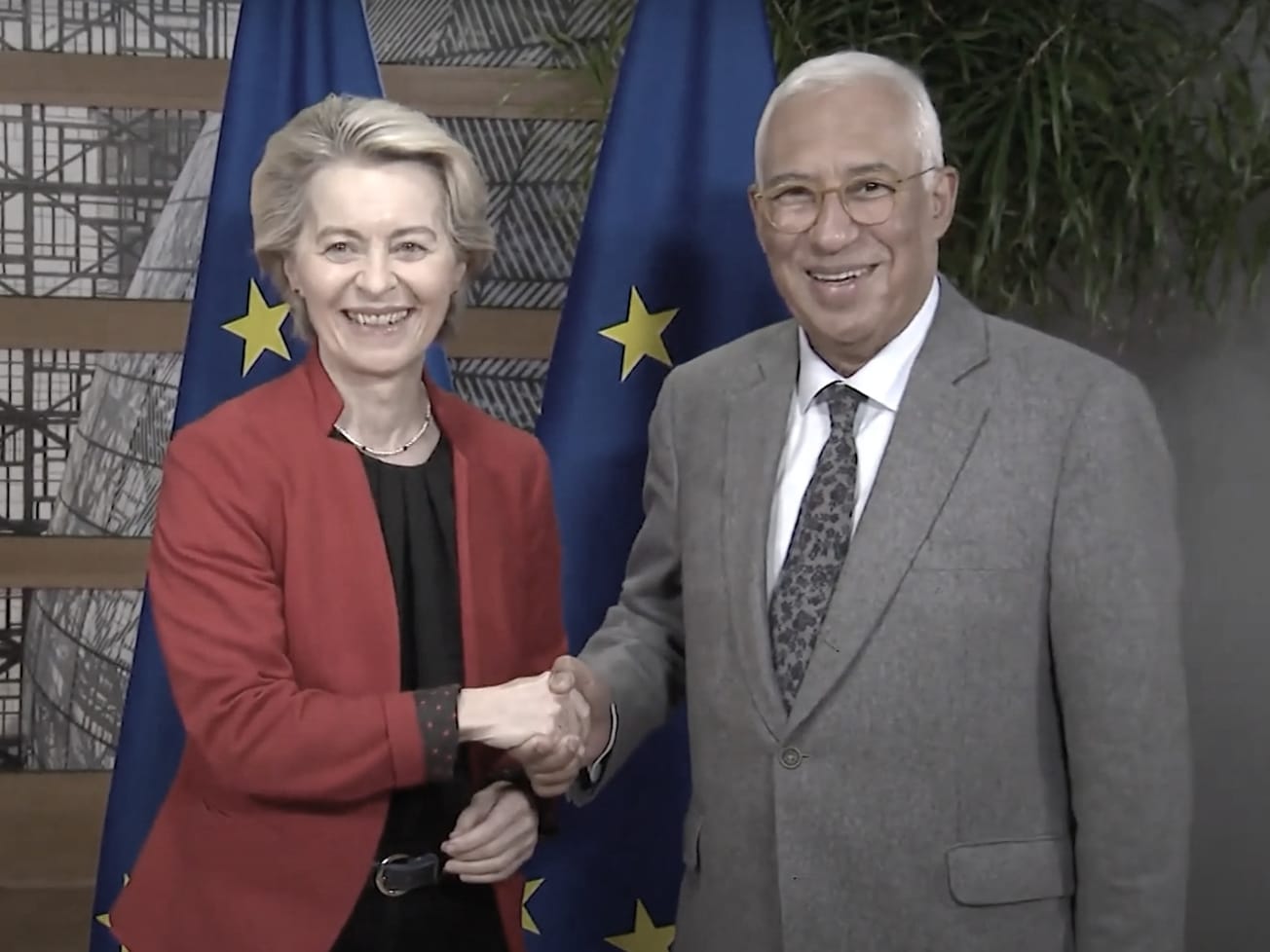GENEVA (AN) — The U.N. human rights chief waded into the high-profile disappearance of Saudi dissident journalist Jamal Khashoggi, saying his probable torture, murder and dismemberment would be "very serious crimes" that should compel Saudi Arabia and Turkey to cooperate fully.
Michelle Bachelet, who heads the Office of the United Nations High Commissioner for Human Rights, urged Saudi Arabia and Turkey to waive their diplomatic immunities and reveal everything they know about the likely extrajudicial killing of Khashoggi in his country’s consulate at Istanbul.









